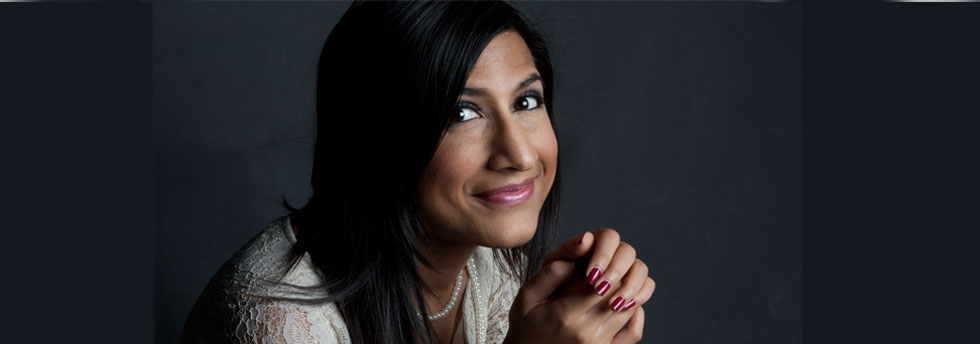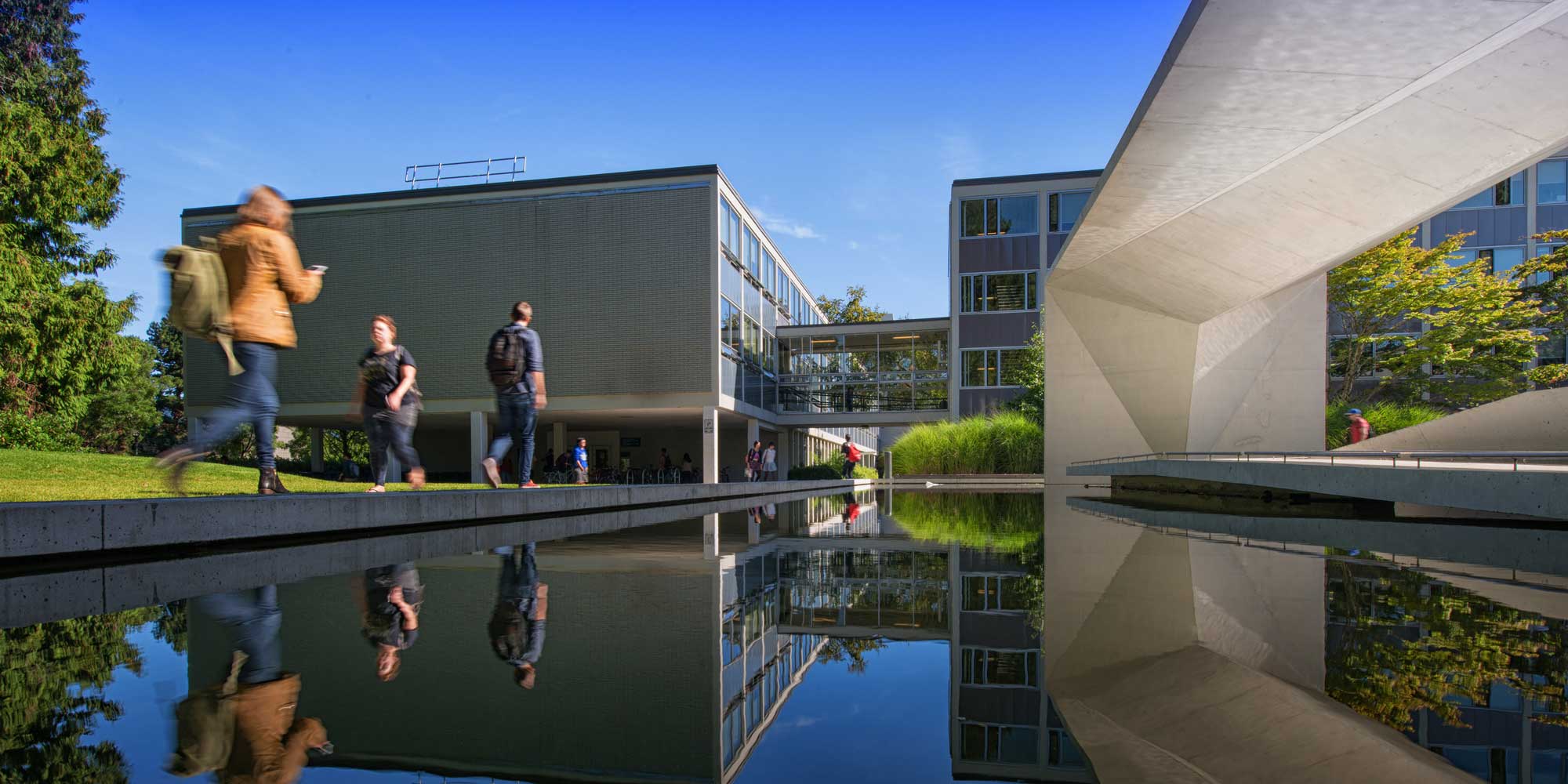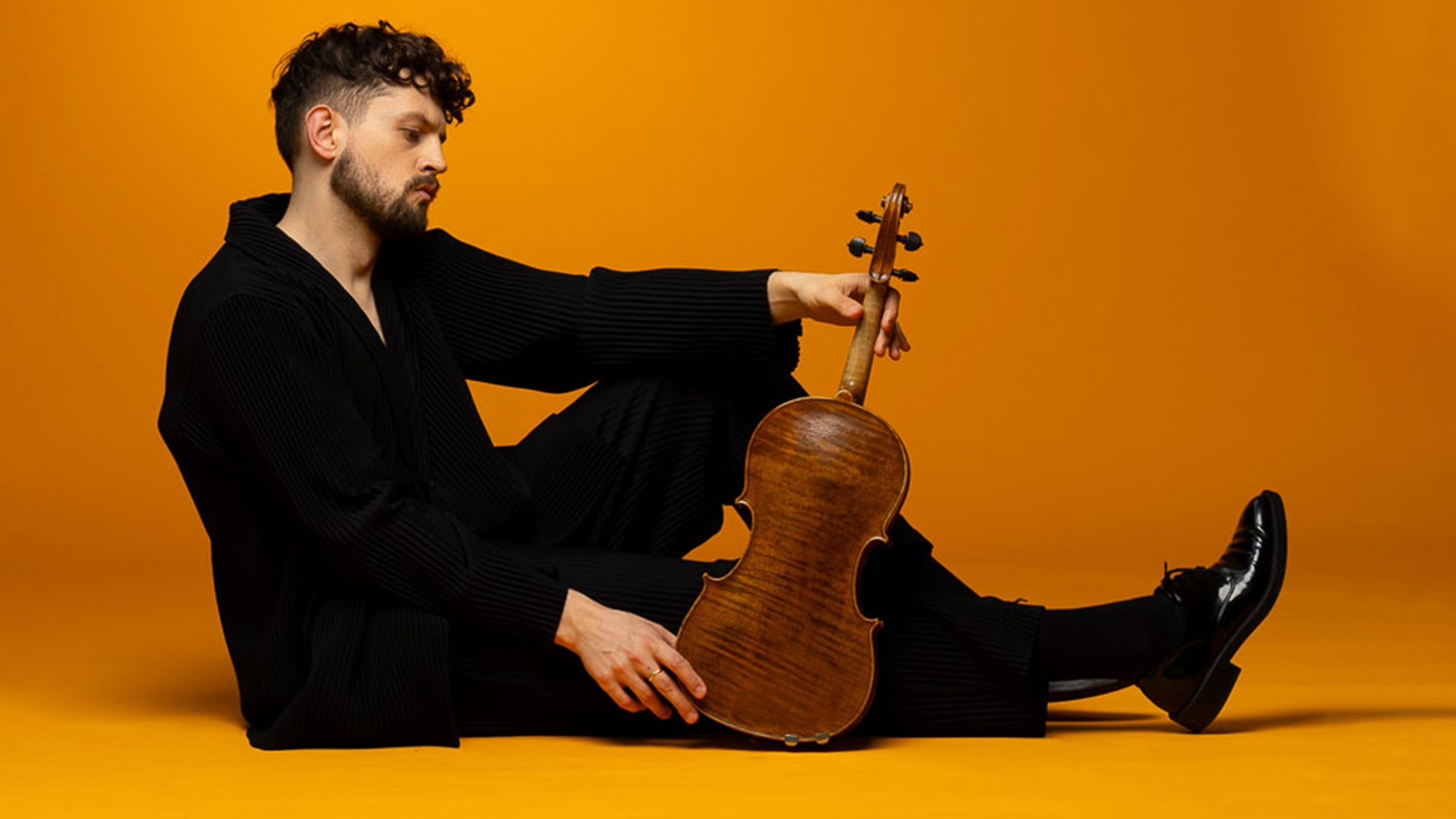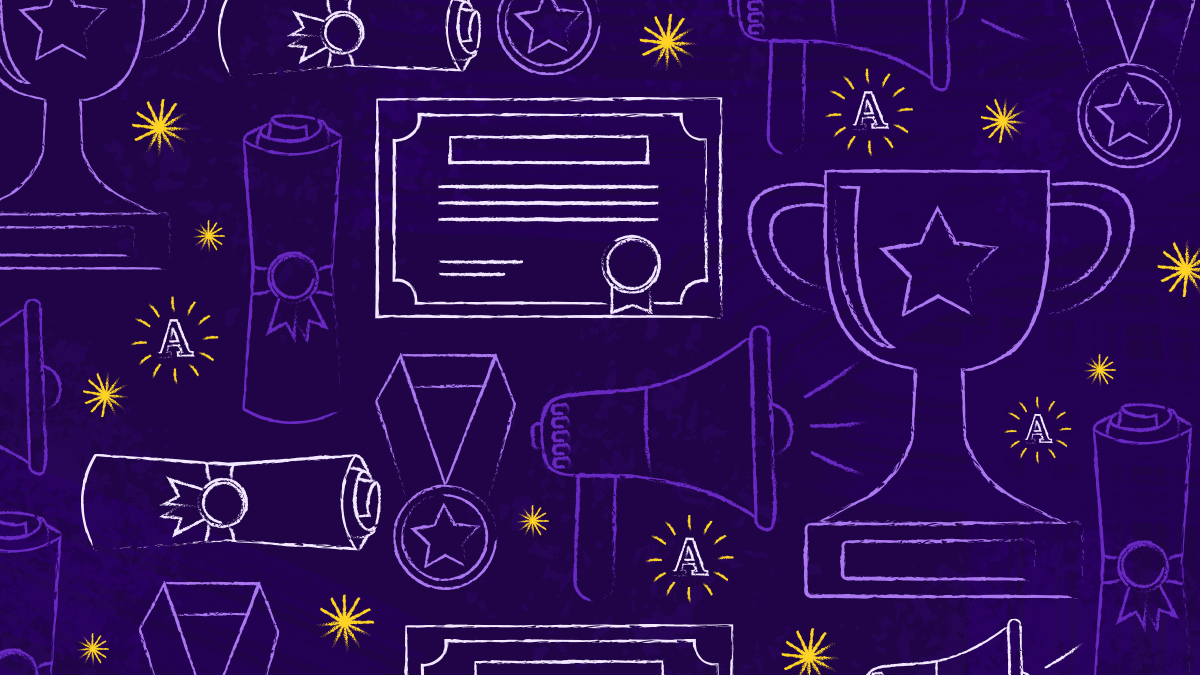

Salima Hirji, a fourth-year sociology major and commerce minor, is the 2013 recipient of the Dean’s Outstanding Leader from the UBC Community to Beyond award. During her four years at UBC, she has taken part in Go Global, presented at the Student Leadership Conference, co-coordinated a Student Directed Seminar, and brought Relay for Life to campus. Salima discusses how her most valuable and skill-building experiences have taken place outside of the classroom.
How did you decide to major in sociology and minor in commerce? Did you come to UBC with a strong interest in these subjects?
Although I knew that I wanted to go into business later in my life, I decided to pursue a major in Arts because I wanted to spend four years discovering other subjects that I loved and was passionate about. I felt that by taking Arts, I would get a wide range of classes and experiences. I found sociology after my first year when I went to Guatemala for an Arts Term Abroad. We took a sociology class there and I fell in love with it, and I just knew that sociology was perfect for me. The commerce minor was a good foundation for a business education.
Tell me about your experience with Arts Term Abroad in Global Citizenship: Guatemala.
It’s a unique program, it’s almost like they take UBC and place it in Guatemala. There were 20 students and two professors, and we took a sociology class and a philosophy class. The sociology class, SOCI 430: Global Citizenship: Civil Society in Theory and Practice, looked at civil society institutions and the theory behind them. We were staying at a coffee co-operative, which itself is a civil society institution, so I was able to recognize everything that I was learning about in the classroom. That’s when it clicked that sociology was something that I really loved, because I could see it in the world around me and I could relate to it and apply it to my daily life.
As the co-chair for the UBC Relay for Life, you were key to the successful planning and implementation of the event. Was this event brought to UBC through your own initiative?
The event did not exist on campus before myself and two other girls (Zahra Khamisa and Samantha Sasyniuk) took the initiative to bring it here. In my second year, I spoke to a woman from the Canadian Cancer Society at the Student Leadership Conference about the process of bringing Relay for Life to campus, and she offered to put me in touch with people who could help. Last September, we recruited a team of over 20 volunteers to form our committee, and from there it was pretty fast-paced planning of the event.
It was definitely an event that we wanted to bring to campus with the intention that it would continue to grow and engage students over the years. We handed it off to another group of students this year. I was at the event in March and it was just amazing to see them take it on as their own and do an amazing job.
Was your role with Relay for Life one of your first major leadership positions?
I had been in other leadership positions at this point, but this was more like taking a specific cause that I was really passionate about and that was really close to my heart and being a leader in that realm. Just seeing the number of people who are affected by cancer in some way or another made me want to start an initiative. I saw Relay for Life as really important to building a community on campus, and seeing everyone come together at the event was one of the best moments for me.
How did you come up with the topic “Social Dimensions of the Internet and New Media” for your Student Directed Seminar (SDS)? Had you taken a SDS in the past?
My co-facilitator (Justin Kong) had actually already applied to run the seminar when he invited me to join as a facilitator, but if there were a class I could create at UBC, this would be it. It’s not something that’s currently offered within the department and I think it’s incredibly important. If we don’t understand the social aspect of the Internet and the impact it has on us as a society, I don’t think we’ll be able to utilize it to move our society forward and actually recognize the impact it has on our lives.
In our seminar, we try to have hands-on, practical experience that you don’t often get in sociology classes, such as doing a case study or redesigning a fellow student’s social network through interviewing them. When we are pushing the boundaries like that, we really find that students respond to it well.
This has been my first experience with student directed seminars. It’s been really exciting to go through the process of creating a syllabus, bringing on a faculty sponsor, and creating the actual lesson plan of how everything is going to happen. I think students are drawn to the seminars because of both the interesting topics and the fact that they are student-run. It is an opportunity for students to come together in a different environment.
You earned the award for best individual workshop presenter at this year’s Student Leadership Conference (SLC). What was the topic of your workshop and what are some of your tactics for delivering a successful presentation?
My topic was human-centered problem solving and design thinking, which is something I’ve always been really interested in. It’s just a different way of approaching problems, always putting the individual that your solving the problem for at the center of your research and experience of actually solving the problem. The task of the workshop was to redesign the gift-giving experience for someone else. Everyone was in pairs, and it was all about being able to gain that empathy for someone else, understand their point of view and walk in their shoes, and use that as a basis to then come up with a solution for them. It’s about being able to go through the process of rethinking your idea and rebuilding it based on the feedback you get as well.
As for tactics, my entire workshop was supposed to be extremely interactive. It almost pushes people in a way because of its fast-paced nature; they only have a few minutes to interview each other. The underlying goal of the workshop was to have a space where people can be creative, and the design thinking and human centered problem solving was the avenue to actually get them there.
The process of applying to present at the SLC is actually really simple, and I would encourage anyone who has a topic that they think could be valuable to go for it. I think that the opportunity to present at the SLC is a great experience in itself.
You have taken on many leadership roles and responsibilities during your time as a UBC student. What advice do you have for students trying to balance competing priorities, such as involvement and coursework?
Know your limits. It’s important to be able to understand when you need to prioritize things. In my first year, I wasn’t really able to do that and ended up putting all my extra-curricular activities before school, and I saw the effects academically. It’s a matter of being able to balance it at the right time. For example, if you know that you have an exam one week, you focus on your extra-curriculars the week before. It’s always going to be a challenge, and it takes time to figure out how to balance it all. It’s important to step back and think “ What do I want to gain out of this?” and “Am I contributing my 100%?” I strongly believe that if you are going to be part of an initiative, you need to put in your all in order to make the contribution you want to make, and also to gain something valuable in return.
What is your opinion on how students can best prepare themselves for life after graduation?
When you’re in your undergrad, I think it’s really important to get out there and get experience beyond the classroom. I don’t think that’s ever really “taught” to us when we get to university; we are always required to plan out our academic schedule, but not our extracurricular schedule. But what I’ve found is most of the experience and skills I’ve gained have been outside the classroom. Everything I’ve learned in the classroom has always been amazing and has served as a theoretical base that has changed my entire mindset on the world, but a lot of the skills and practical things that are going to get me a job when I graduate are things that I’ve learned beyond the classroom.
Written by Shannon O’Rourke
Article published April 15, 2013


